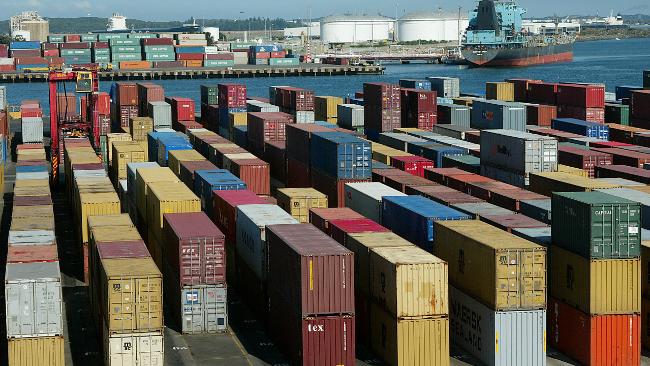CAIRO: Egypt’s main index closed little changed after Orascom Construction said the World Bank could invest $350 million in the firm, suggesting renewed confidence in Egypt amid lingering doubts about its political stability.
Ongoing protests and occasional outbreaks of violence around Cairo’s landmark Tahrir Square underline the country’s fragile security ahead of elections planned for September whose outcome is steeped in uncertainty.
Investors who dumped Egyptian stocks during the revolution that toppled president Hosni Mubarak have said the outcome of the elections and the security environment are more important to them than the immediate outlook for company profits.
"With all that has been happening in Tahrir Square, there are fewer investors entering, everyone is skeptical and all we see is speculative trading with no fundamental news," said Omar Ascar, the head of trading in Cairo Capital Securities.
The EGX30 closed at 5,428 points, up 0.2 percent, with one stock falling for each that gained.
OCI said on Monday that the World Bank’s International Finance Corporation was considering debt and equity investments in the company worth $350 million.
"The statement made investors bullish on the paper (of OCI) again because a loan from the IFC gives confidence OCI is safe and it is getting cheap sources of funding to increase investments," said Ascar.
OCI is the most active stock on the bourse with over LE 42.2 million worth of its shares traded. The shares gained 0.8 percent.
Commercial International Bank (CIB), a stock seen as stable as Egypt’s biggest private bank by assets, was the bourse’s sixth most-traded stock with over LE 13.9 million worth of it shares changing hands. It closed up 0.1 percent.
In Saudi Arabia, shares fall as investors booked profits following a four-session winning streak, but the longer-term trend remains upbeat.
The benchmark slipped 0.4 percent to 6,635 points, easing from Sunday’s four-week high.
"I think the market is still moving higher," said Youssef Kassantini, a Saudi-based financial analyst. "The strong motive for the market to move higher is earnings of the second quarter. Petrochemicals, on the back of high oil prices, are expected to produce healthy profit margins."
Technical indicators are signaling a strong move higher, he added.
Seven of the 10 largest stocks by market capitalization declined, including Saudi Telecom Co, down 0.6 percent, and Riyad Bank, down 0.4 percent.
The petrochemical and banking indexes, the two major sectors on the market, were each down 0.3 percent.
Oman’s benchmark ended 0.02 percent higher at 5,934 points.
Property stocks lifted Abu Dhabi’s benchmark for a second session, while lender Emirates boosted Dubai’s index.
UAE real estate stocks have rallied since the oil exporter extended visas for property investors to three years from six months.
In Abu Dhabi, Aldar Properties gained 3.1 percent and Sorouh Real Estate rose 2.4 percent. The index was up 0.2 percent at 2,712 points, rising for a second day since Wednesday’s three-week low.
Ibrahim Masood, senior investment officer at Mashreq Bank, said UAE investors will be cautious until bluechips begin to announce second-quarter results, expected later this month.
"In the short-term, I wouldn’t be surprised if we saw little bit of a correction on retail activity," he added.
Dubai’s index climbed 0.6 percent to 1,562 points, extending gains following Sunday’s 2.4 percent rise, its largest in 15 weeks.
Emirates NBD added 5.9 percent, but Arabtec fell 1.5 percent and Union Properties dipped 0.7 percent.
Elsewhere, Kuwait’s measure advanced 0.1 percent to 6,182 point and Oman’s index was flat at 5,933 points.



